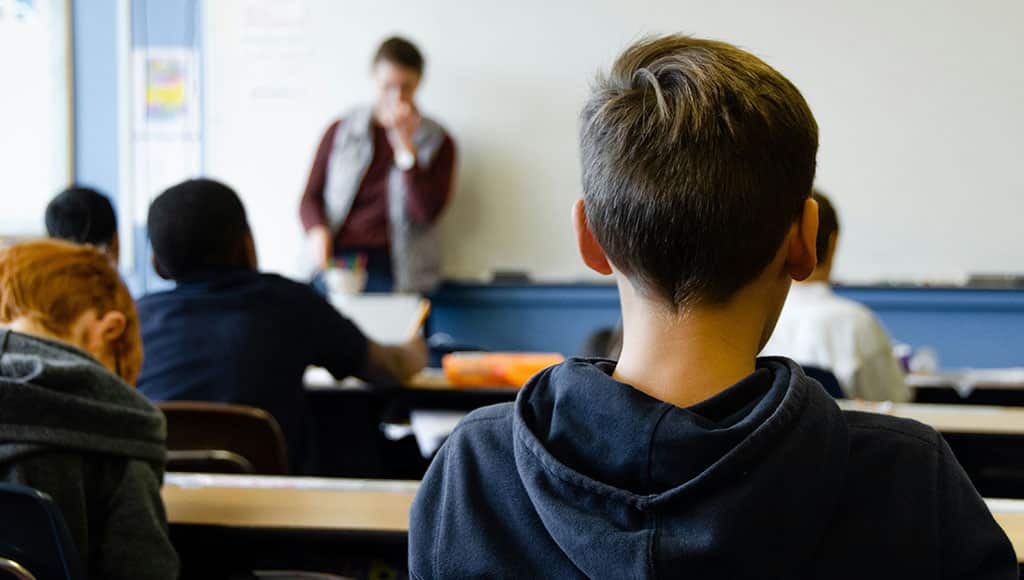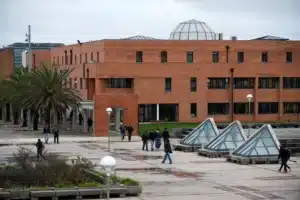As a Head of School for over 20 years, and now an Educational Consultant helping parents select schools abroad with a focus in Portugal, I thought that it would be prudent to share my thoughts about what to look for when choosing an international school. This is the most common topic that I am regularly consulted on.
In Portugal, over the last 15 years, the growth of international schools has been tremendous. There are now more than 55 international schools to choose from in Portugal. Initially, the selection process can appear to be daunting. One of the most informative places to begin research is the International Schools Database, which is very easy to locate online. Many parents increasingly use the professional services of experienced Educational Consultants to help them make this important decision.
When looking for an international school, I believe that these are the key factors to consider:
- Location
Initially, the location of the school is a very important factor to consider. How long will it take you to travel there every morning and afternoon? Does the school offer its own supervised transport from suitable locations? Will the timing be reasonable and allow for additional activities after school or for you to be able to work and still do the school run? Will your children have friends locally if the school is too far away?
- Fees and additional costs
One of the biggest factors when choosing a school is the cost of the school fees. A private education is a parental choice. However, it is vital to know the annual fees and all additional costs to be able to plan accordingly. All outstanding international schools will have a clearly published fee structure, and this should be available on websites to all prospective parents.
Always ask about additional costs. Are books, equipment and exam fees included? If not, these can be a large additional cost. Are school excursions included? All the international schools in Portugal have a required school uniform that can only be purchased through the school: ask for a price list.
It is important to bear in mind that as children progress through a school, the fees increase. This is sometimes underestimated but is a vital consideration.
- Accreditation
Many prospective parents come from countries where all schools are accredited and legally monitored by the government. International schools in Portugal are generally independent, and it is vital that you check who monitors and accredits the school. It is crucial to know that the school you choose belongs to a legally registered body and is licensed in Portugal. The school website should make clear which professional body the school is affiliated to. Always ask if all the teaching staff have qualified teaching status and experience in the curriculum that they are teaching. I cannot stress just how important it is to verify the school’s status.
- Entry requirements
All international schools will have differing entry requirements. Outstanding schools will expect new students to take entry exams; others will require comprehensive reports from previous schools. Prior to enrolment, all prospective schools should want to meet new students and parents.
- Registration dates
As demand for places in international schools in Portugal is at the highest that it has ever been, it is imperative that you register your interest and enrol your children as early as possible to avoid disappointment. Normally, registration is from January to April onwards for September entry.
- Legalities
Do ensure that you know exactly what the school you are looking at will require to enrol your child. This can differ between international schools. A list should be provided by the school so that you can have all relevant documents prepared in advance.

Having made an initial selection of prospective schools, it is essential that you arrange to visit each school. When arranging your visit, ask to be given your tour by the Head of School, as this is the person guiding the whole school. This will help you make an informed choice through their words and actions during your visit. It is also essential to consider the following factors and to ask these questions before making any final decision:
- Ethos of the school – Is the ethos of the school and its values evident throughout your meeting with the Head of School and tour?
- Teachers – Ask about the teaching faculty. At an international school teaching in English, are all the teachers’ first language English? Are they fully qualified teachers with a recognised teaching qualification? Have the teachers got relevant experience in the areas that they are teaching? Are they genuinely friendly, warm and inviting when you look around? Are your questions answered openly and directly?
- Languages – Enquire about which additional language or languages will be taught and how they will be taught.
- Multicultural aspects – As an international school, multiculturalism should be implicit within all aspects of school life. Is that explicit on your visit to the school?
- Class sizes – Ask how many students will be in each year group? What is the maximum class size?
- Curriculum – Which curriculum does the school teach? This is very important for your child’s long-term schooling.
British international schools follow the National Curriculum of England and are normally accredited/monitored by professional bodies. Students study a wide variety of subjects leading to IGCSE and A Level qualifications, which are recognised world-wide.
IB schools follow the International Baccalaureate, a rigorous diploma programme with qualification normally at 18 years.
- Extra-curricular activities – Ofsted places enormous value on a school by its extra-curricular activities. Ask for a list of activities and their respective costs.
- School facilities – What facilities does the school have? Ask to be shown the theatre, sports hall, dining rooms, play areas, etc.
- Technology – How does the school incorporate 21st-century technology skills within the curriculum? What is the school’s technology equipment like? How do children access technology? What are the school’s online safety procedures?
- Policies – All schools should have numerous policies for you to look at. Ask to see the school regulations and anti-bullying policy. These will give an excellent insight.
Definitive recommendations for selecting an international school:
- Always visit the school
- Plan carefully the long term costings of an international education.
- Meet with the Head of School; ask as many questions as you need to.
Personally, the most important question that we should be asking is: Will our children be happy at this school? Is it a warm, nurturing and happy environment with professional and skilled staff where our children will enjoy their learning, and be successful on their learning pathway?
“Let us remember: One book, one pen, one child, and one teacher can change the world” – Malala Yousafza




















